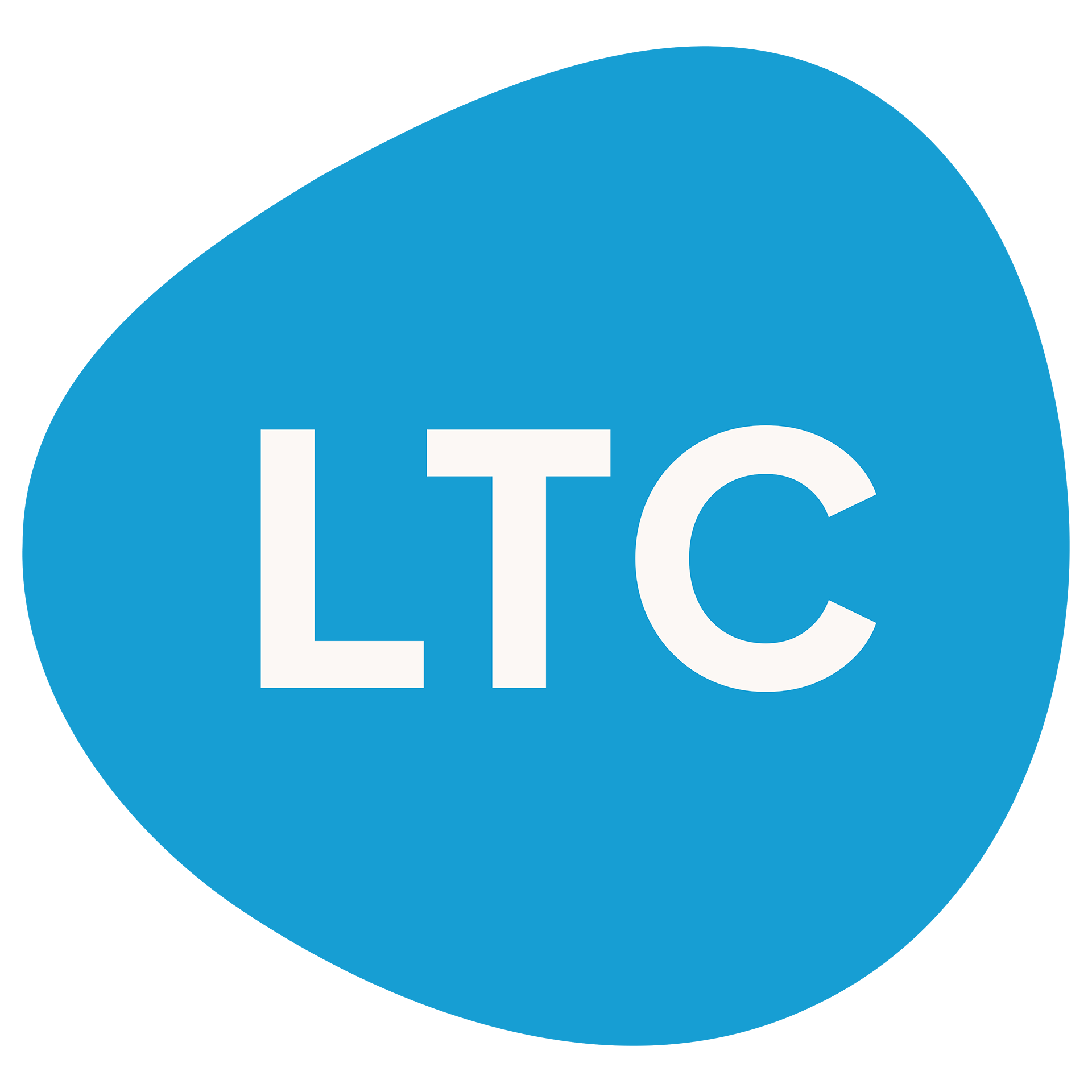How Schools Can Increase Their Chances of Winning Federal Cybersecurity Funding
Originally published by Amy Passow Amy Passow.
In the grand scheme of things, $200 million over the course of three years to address cybersecurity in K–12 doesn’t seem like much. However, that is what the Federal Communications Commission will offer as part of its Schools and Libraries Cybersecurity Pilot Program.
That said, this is a step up from what the FCC already provides through its E-rate program, whose cybersecurity coverage includes only basic firewalls and support services to configure them. The FCC admitted as much when they announced the program in November by noting in the Federal Register, “It is clear that the E-Rate program alone cannot fully address the K–12 schools’ and libraries’ cyber concerns and protect their broadband networks and data from cyber threats and attacks.”
This new program is a response to years of lobbying from K–12 groups for more federal funding to help stem the tide of cyberattacks facing K–12 schools. Additional funding through this program would help the FCC determine whether they should permanently fund advanced firewall services.
FCC Chairwoman Jessica Rosenworcel, in a statement describing the pilot program, said “ultimately, we want to learn from this effort, identify how to get the balance right and provide our federal, state and local government partners with actionable data about the most effective and coordinated way to address this growing problem.”
In the grand scheme of things, $200 million over the course of three years to address cybersecurity in K–12 doesn’t seem like much. However, that is what the Federal Communications Commission will offer as part of its Schools and Libraries Cybersecurity Pilot Program.
That said, this is a step up from what the FCC already provides through its E-rate program, whose cybersecurity coverage includes only basic firewalls and support services to configure them. The FCC admitted as much when they announced the program in November by noting in the Federal Register, “It is clear that the E-Rate program alone cannot fully address the K–12 schools’ and libraries’ cyber concerns and protect their broadband networks and data from cyber threats and attacks.”
This new program is a response to years of lobbying from K–12 groups for more federal funding to help stem the tide of cyberattacks facing K–12 schools. Additional funding through this program would help the FCC determine whether they should permanently fund advanced firewall services.
FCC Chairwoman Jessica Rosenworcel, in a statement describing the pilot program, said “ultimately, we want to learn from this effort, identify how to get the balance right and provide our federal, state and local government partners with actionable data about the most effective and coordinated way to address this growing problem.”



Hope leads ILTPP, a free, member-based program for negotiated educational technology contracts. She also manages vendor relationships, coordinates negotiated contracts, and leads cooperative membership services, including quote requests and group purchases.

